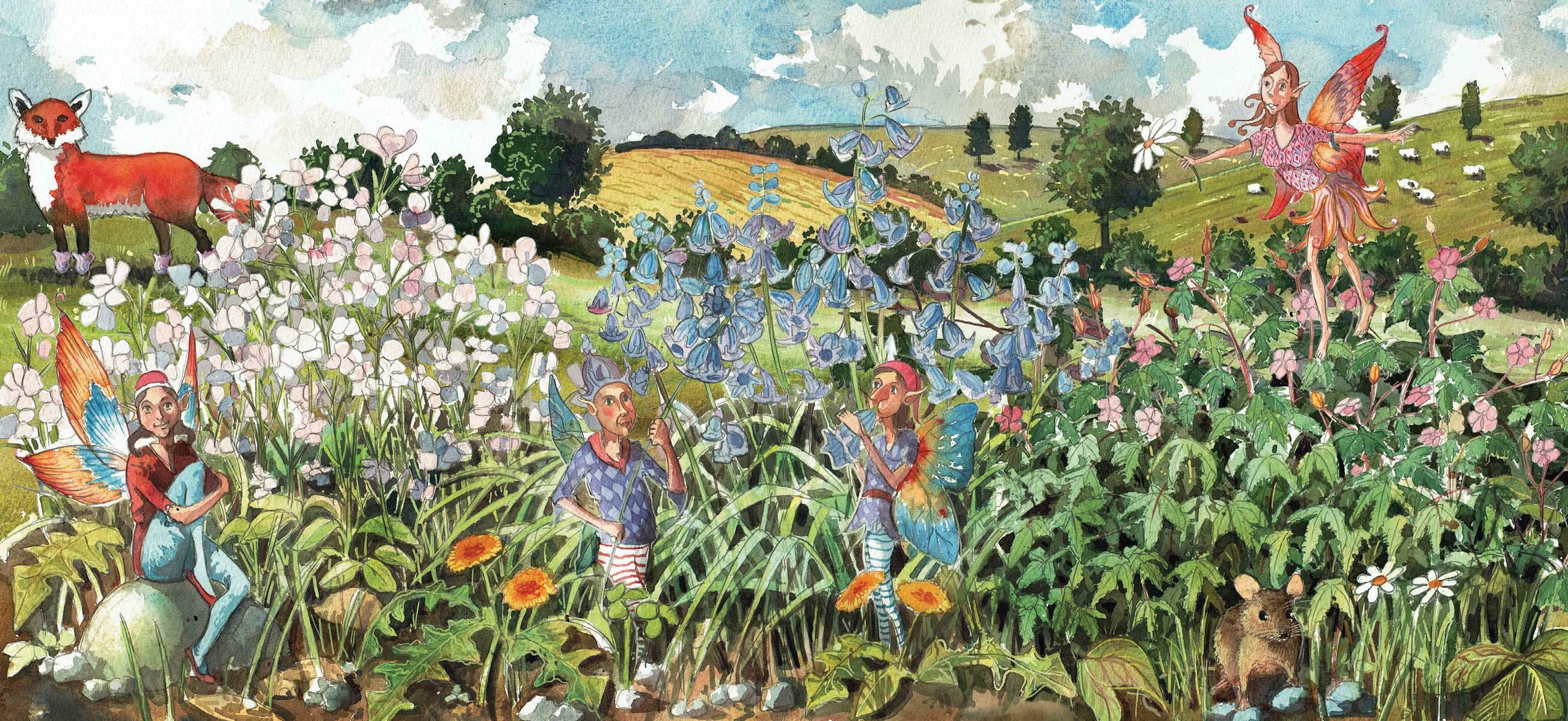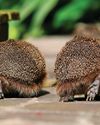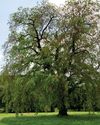
WHAT’S in a name? If that name is the old cognomen of a British wildflower, then it is the epigraph of the lore concerning the plant, the superstitions, traditions and knowledge linked to it over decades, centuries, millennia. Our wildflowers are deeply rooted in ancient myth and experience, their naming and their lore telling of their qualities —whether good or bad for human health, for example—but also, when we dig a little deeper, reflecting our own cultural history.
Pick a buttercup and play the childish game of holding it under someone’s chin to see the yellow sheen that betrays whether they like butter or not and you are enacting a relic belief of the West Country. There, long, long ago, farmers rubbed the udders of their cows with buttercup flowers on May Day, to increase the yield and richness of their milk. The ritual rubbing also protected the cattle from theft by faeries, who were always desirous of improving their herds of fairy cattle by interbreeding with cows from mortal fields.
The lore of the plants is a window into the mind of the past, even the far past, when spirits, elves and even the Devil were abroad. To cut foxgloves—or ‘fairy bells’ or ‘witches thimble’—for the prettification of the home was an offence against the fae people who lived in the flowers, inviting death. Conversely, for diabolical animals such as the fox, the bell-shaped flower, put on the paws, allowed it to prey on poultry in sorcerous silence.
Many of the earliest inhabitants of these isles, those of druid time, had no writing, left no record on stone or paper, but floral folklore is their memorial. To know the stories and legends of the wildflowers connects us with our forebears, but also with the plants, in a manner more profound today than merely studying their botany—or using their Latin, scientific names, which are invariably prosaic, based on the flora’s physical appearance.
This story is from the {{IssueName}} edition of {{MagazineName}}.
Start your 7-day Magzter GOLD free trial to access thousands of curated premium stories, and 9,000+ magazines and newspapers.
Already a subscriber ? Sign In
This story is from the {{IssueName}} edition of {{MagazineName}}.
Start your 7-day Magzter GOLD free trial to access thousands of curated premium stories, and 9,000+ magazines and newspapers.
Already a subscriber? Sign In

A leap in the dark
The primal play of light and shadow, whether in Leonardo's ever-so-subtle sfumato or Caravaggio's dramatic contrasts, has shaped Western art, as Michael Hall reveals

Beauty and the blimp
Inflammable airships may be gone, but a new hybrid aircraft, capable of delivering eco-friendly aviation, is set to take to the skies with a bang, finds Charles Harris

Three wishes for food and farming
Royal hedge planting, the terrible toll on Ukrainian farming and a maiden speech

Seeing the wood for the trees
Scotland's much-evolved forestry industry has become a focus for clever investors

Let's fall in love
Birds do it, bees do it, even educated fleas do it. Laura Parker finds that, when it comes to creatures mating for life, persistence, patience and a little dad dancing are key to success

Back from the dead
THREE Wentworth elm saplings have been planted in the grounds of the Palace of Holyroodhouse, Edinburgh, and on the Highgrove estate in Gloucestershire-29 years after what was thought to be the lastknown Wentworth elm died.

A man among men
What makes a master? Beloved of the commercial art world, handled warily by art historians, the word has long been opaque. Michael Prodger investigates its many meanings-and discovers that being male confers an unfair advantage

Unearth one of life's luxuries
Black diamonds are a girl's best friend this Valentine's Day, with Périgord truffle-based skincare from TRUFFE

Adventure awaits
Spend an unforgettable family holiday on the Benmore Estate and experience some of Scotland's finest wildlife and sporting activities

Let the art rule the head
Despite being a world leader in everything from jewellery to fashion and music, the UK is failing to nurture creativity at school and in regional centres. Tristram Hunt, director of the V&A Museum, calls for an urgent review